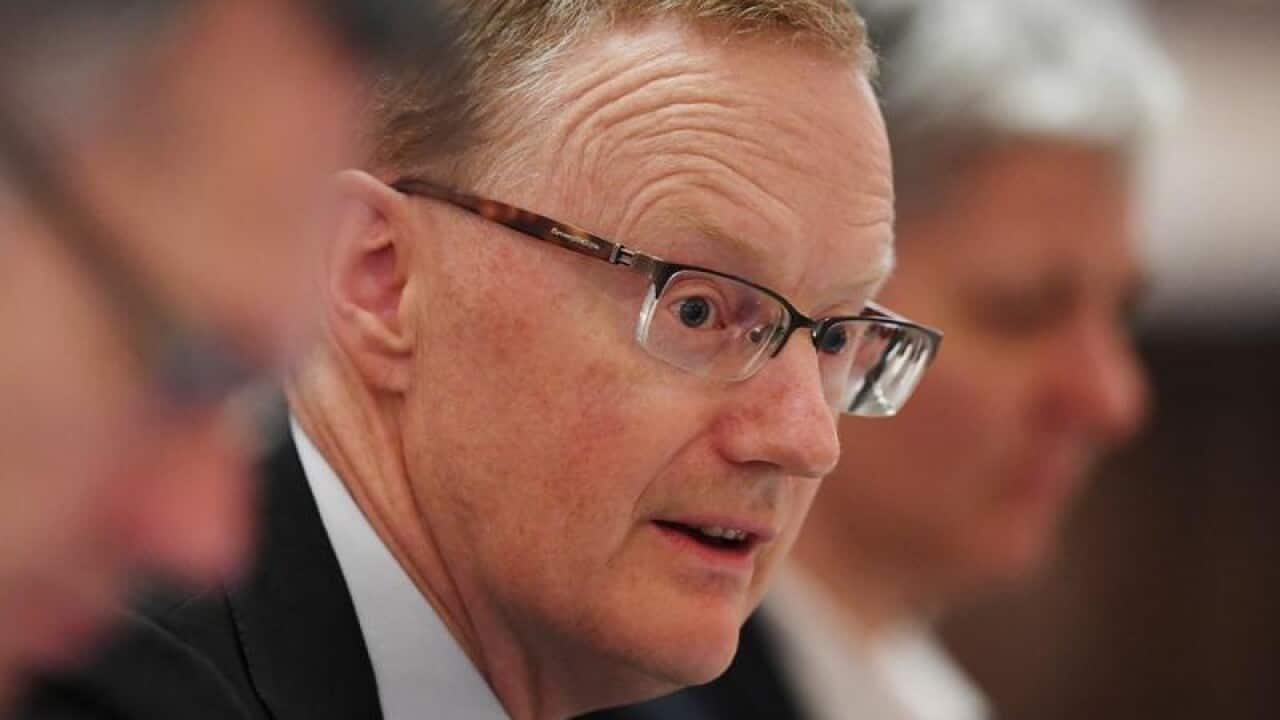New inflation figures confirm Australia won't be joining the US in raising interest rates any time soon, a relief to highly indebted households at a time of low wages growth.
While Reserve Bank governor Philip Lowe and his central bank board may be convinced the next move in its cash rate will be up, economists are not expecting a change until well into 2019.
The consumer price index for the March quarter rose just 0.4 per cent, even lower than the benign 0.5 per cent increase economists had expected.
It kept the annual rate at 1.9 per cent and below the central bank's two to three per cent target band.
The more interest-rate sensitive measures of underlying inflation - which smooth out volatile price swings - were also around the bottom of the target band at an average 1.95 per cent.
This average has been below target for nine consecutive quarters.
"The RBA is likely to stand fast at 1.5 per cent for quite some time," BIS Oxford Economics head of economics Australia Sarah Hunter told AAP, referring to the cash rate.
She did not expect a rise until the December quarter of 2019.
The official cash rate has been stuck at a record low 1.5 per cent since August 2016.
Households won't be surprised that gas prices and other household fuels were a key factor behind the latest inflation rise, even if they may be a little sceptical about the report's overall view of price pressures, especially if they are struggling to make ends meet in a low wage growth environment.
Gas prices rose six per cent in the quarter to be 10 per cent up on the year.
Electricity prices rose by a more modest 1.8 per cent during the first three months of the year but were still 11.7 per cent higher annually.
Other factors were the increased cost of vegetables, secondary education, pharmaceutical products and medical and hospital services.
These were partly offset by falls in overseas holidays, audio, visual and computing services and furniture.
The inflation results are unlikely to dent a new bout of confidence among consumers.
The ANZ-Roy Morgan weekly confidence index rose 2.1 per cent to its highest level in five weeks.
ANZ head of economics David Plank said the rise likely reflected some recovery in equity markets after being dogged by the threat of global trade wars.
The rise also came despite the latest jobs figures showing a record-breaking run of employment gains have come to an end.
"It is possible that increasing talk about personal income tax cuts as the Commonwealth budget approaches is boosting sentiment," Mr Plank said.
The budget is on May 8.

